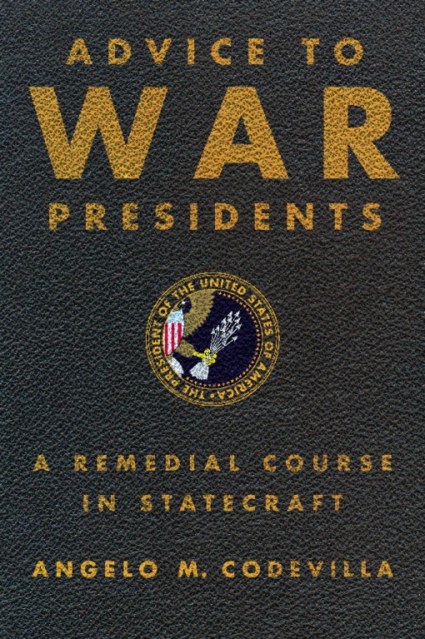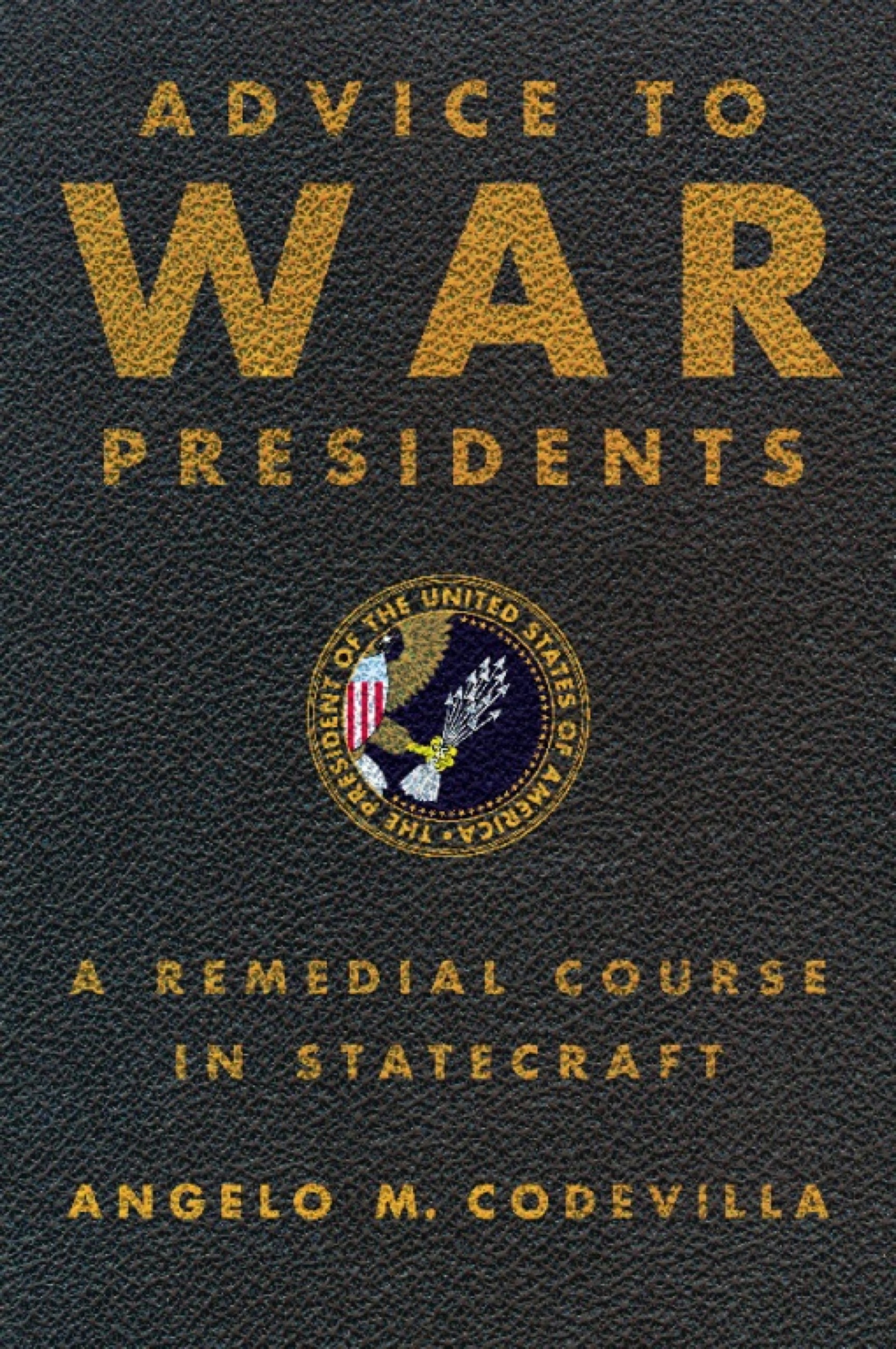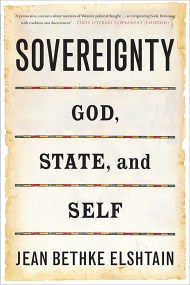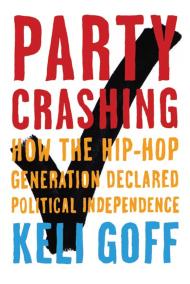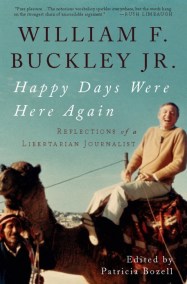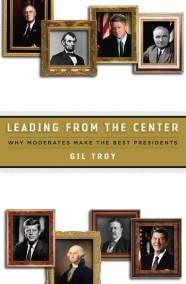By clicking “Accept,” you agree to the use of cookies and similar technologies on your device as set forth in our Cookie Policy and our Privacy Policy. Please note that certain cookies are essential for this website to function properly and do not require user consent to be deployed.
Advice to War Presidents
A Remedial Course in Statecraft
Contributors
Formats and Prices
- On Sale
- Mar 24, 2009
- Page Count
- 336 pages
- Publisher
- Basic Books
- ISBN-13
- 9780786744398
Price
$16.99Price
$21.99 CADFormat
Format:
- ebook $16.99 $21.99 CAD
- Hardcover $40.00 $50.00 CAD
This item is a preorder. Your payment method will be charged immediately, and the product is expected to ship on or around March 24, 2009. This date is subject to change due to shipping delays beyond our control.
Buy from Other Retailers:
Employing many negative examples from the Bush II administration but also ranging widely over the last century, Advice to War Presidents offers a primer on the unchanging principles of foreign policy. Codevilla explains the essentials — focusing on realities such as diplomacy, alliances, war, economic statecraft, intelligence, and prestige, rather than on meaningless phrases like “international community,” “peacekeeping” and “collective security.” Not a realist, neoconservative, or a liberal internationalist, Codevilla follows an older tradition: that of historians like Thucydides, Herodotus, and Winston Churchill — writers who analyzed international affairs without imposing false categories.
Advice to War Presidents is an effort to talk our future presidents down from their rhetorical highs and get them to practice statecraft rather than wishful thinking, lest they give us further violence.
Genre:
-
Publishers Weekly
“Accessible… Codevilla writes intelligently on topics as diverse as the affect of economic sanctions on Iraq in the 1990s and contemporary relations between Russia and Georgia.”
Library Journal
“Veteran international relations author Codevilla…questions basic assumptions that have guided U.S. foreign policy since Woodrow Wilson tried to make the world safe for democracy… Recommended for academic and larger public libraries.”
American Spectator
“Machiavelli could not have written a better book to give advice to ‘war presidents.'”
Claremont Review
“Compelling reading… bracing and intelligent.”
FamilySecurityMatters.org
“[An] expansive and important work…[Advice to War Presidents] should be required reading for Senators and their staff as an essential primer to the arcane world of arms control.”
First Principals
“A refreshingly unashamed conservative critique of twentieth-century U.S. foreign policy, especially with regard to war and the use of force.”
Newsletter Signup
By clicking ‘Sign Up,’ I acknowledge that I have read and agree to Hachette Book Group’s Privacy Policy and Terms of Use
